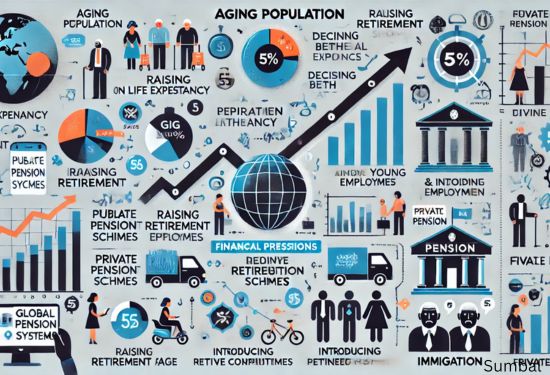The Era of Financial Technology: Revolutionizing Personal Finance
The dawn of financial technology, commonly known as fintech, has ushered in a new era in the realm of personal finance. This revolution, characterized by the rapid adoption of technology-driven solutions, is transforming the way individuals manage their finances, offering unprecedented convenience, efficiency, and accessibility. From mobile banking and investment apps to digital wallets and peer-to-peer payment platforms, fintech is democratizing financial services and reshaping our financial habits and landscape. This article delves into the core of the fintech revolution, its impact on personal finance, the challenges it presents, and the future it is crafting for consumers worldwide.
At the heart of the fintech revolution is the drive to leverage technology to solve traditional financial challenges and meet the evolving needs of modern consumers. Fintech startups, backed by innovative technologies and a customer-centric approach, are at the forefront of this movement. They are not only challenging established financial institutions but also collaborating with them to create a more inclusive financial ecosystem. The result is a plethora of financial services and products that cater to a wide range of needs, from simple daily transactions to sophisticated investment strategies, all accessible from a smartphone or computer.
The impact of fintech on personal finance is profound. Mobile banking apps now allow individuals to monitor their finances in real-time, transfer money instantly, and make payments with a few taps on their devices. Investment apps have lowered the barriers to the stock market and other investment opportunities, providing tools and resources that were once the exclusive domain of professional investors. Meanwhile, digital wallets and peer-to-peer payment platforms have simplified transactions, making it easier than ever to split bills, send money to friends and family, or pay for services.

However, the fintech revolution is not without its challenges. Privacy and security concerns top the list, as the increasing digitization of financial services raises the stakes for data protection and cybersecurity. Regulatory issues also pose significant hurdles, as governments and financial authorities worldwide scramble to keep pace with the rapid evolution of fintech and its implications for the broader financial system. Moreover, the digital divide remains a barrier to true financial inclusion, as not everyone has access to the necessary technology or the digital literacy to benefit from fintech solutions.
Looking ahead, the future of personal finance in the fintech era is promising. Advances in artificial intelligence, blockchain, and other technologies are set to offer even more personalized, secure, and efficient financial services. The integration of fintech into everyday life is likely to become more seamless, with financial management tools embedded in various digital platforms and devices. As fintech continues to evolve, it will play a crucial role in shaping a financial landscape that is more accessible, transparent, and aligned with the needs of modern consumers.

In conclusion, the fintech revolution is redefining the boundaries of personal finance, making it more accessible, efficient, and tailored to individual needs. While challenges remain, the potential for positive transformation is immense. As we navigate this new era, the convergence of finance and technology promises to empower consumers with more control over their financial lives than ever before.
(Writer:Tommy)





